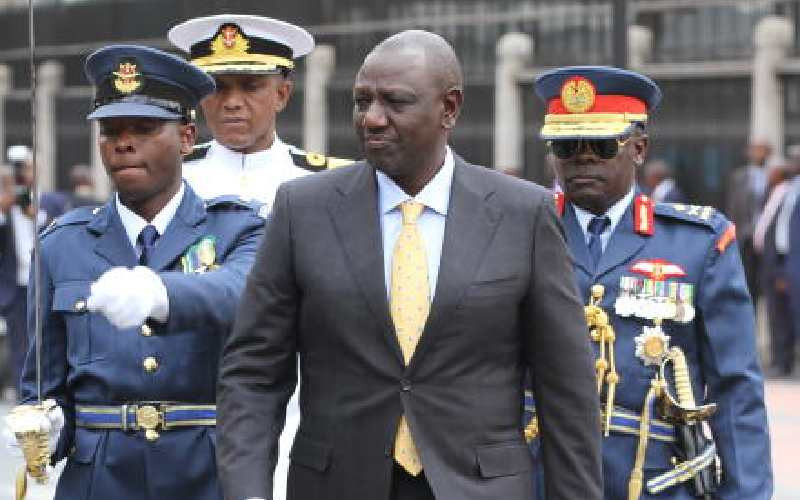×
The Standard e-Paper
Home To Bold Columnists

The Holy Bible, from where President William Ruto seems to draw his political doctrines, opines that all and sundry are "fearfully and wonderfully made". Therefore, to try and compare Ruto with his former boss, President Uhuru Kenyatta is a task of incommensurable magnitude.
However, during his campaigns, Dr Ruto kept reminding his detractors that, "I am not Uhuru Kenyatta". So I ask, is Ruto truly different from Uhuru, and if yes, how?